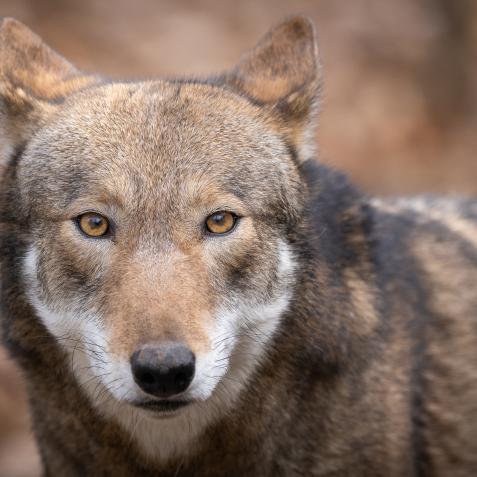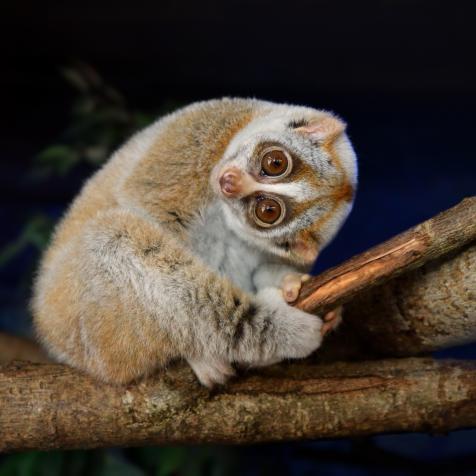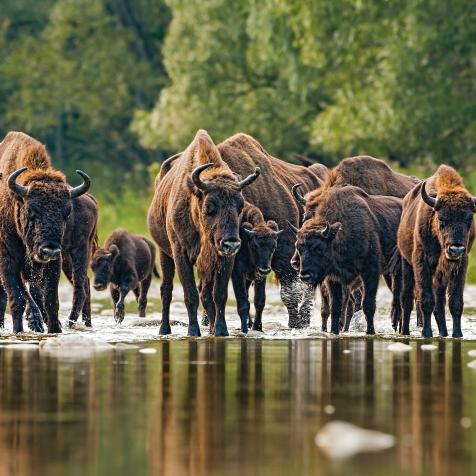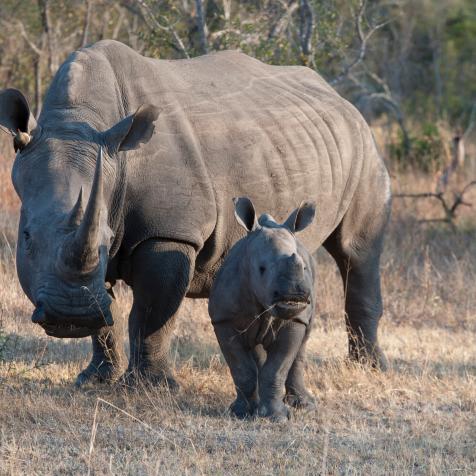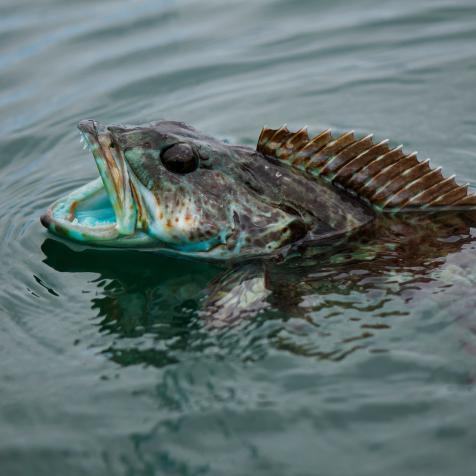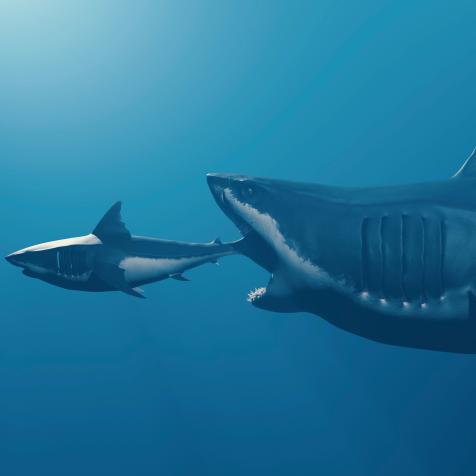
Abdelouahed Elatine / EyeEm
Canada's Wildlife is in Hot Water
Uncharacteristically hot temperatures in Canada and the Pacific Northwest have left people searching for relief. But what about the wildlife? It is only getting warmer, and that has caused irreversible damage and tragic demise to over 1 billion sea creatures.
Off the coast of Canada, in Vancouver, Kitsilano Beach, a record heat wave has killed an estimated one billion marine sea animals, ranging from mussels, clams, snails, sea stars and barnacles and more. The shore was filled with rows of dead mussels and clams. Marine scientists say muscles are the main indicator of change in temperature within oceans. As the animals can’t move themselves to cooler water, they remain unmoved until the tide comes in.

ExFlow
Vancouver skyline at blue hour as seen from Kitsilano beach
The effects of this massive die-off of various marine life have catastrophic effects on the ecosystem these animals come from. The massive amount of mussels dying alone affects watercolor between the shore and ocean and provides nourishment and food for other animals. The massive number of creatures dead not only affects marine life but terrestrial creatures, too. From birds who feed off seashore creatures to fish and humans.
The whooping 600,000 dead mussels may take two years to fully recover and reach their original numbers. The increase of heat waves and frequency of them may result in greater marine death and longer recovery periods for these shorelines. Marine science fears the replenishment of these filter feeders and shoreline creatures won’t reach the number we’ve come to expect.

Frank Kreidler / EyeEm
The effects of climate change have begun affecting our ocean life. The massive deaths are top indicators of climate change and the effects of rising sea temperatures. Fears of similar effects towards our ocean have risen as temperatures in the region have seen a spike. The larger effects of rising sea temperatures could affect a range of creatures who depend on the cool water temperatures to survive. Coral reefs, kelp beds and seagrass are some of the top underwater sea life to be vastly affected with increasing sea temperatures. Researchers have begun deploying sensors around Vancouver Island to document the effects of the increased summer heat waves.












